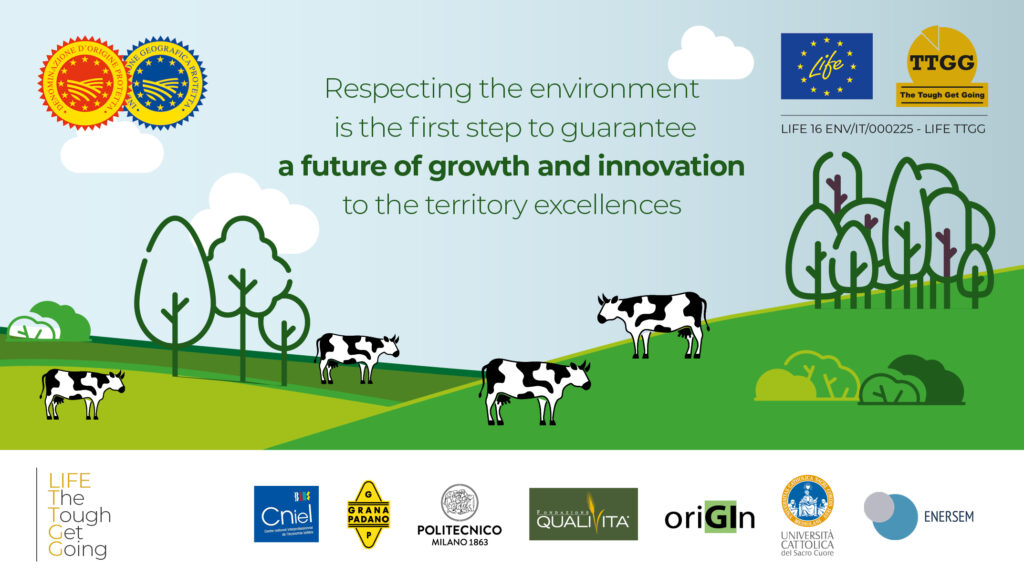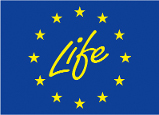The economic, social and environmental sustainability, a priority for the PDO PGI supply chains

The new European Green Deal and, in particular, the Farm to Fork strategy will lead, over the next decade, the transition towards a food system that will be more efficient, equal, healthy and environmentally friendly. The European Union invests its resources in a policy which has objectives and measures to apply to the whole food supply chain, from the production to consume and distribution.
In this view, the PDO and PGI products represent the ideal interlocutor, as they are made from raw materials, production methods and technologies that are within a well-defined geographic area, characterized by natural factors of production that are not replaceable. These elements make the supply chain of products with Geographical Indication (GI) a preferential point of reference, and they allow a redefinition of the support tools in order to make the processes more efficient, in particular those with environmental effects.
The sustainable processes are considered as an element able to generate value and, not by chance, the link between sustainability, profit and turnover, that, according to several sectors, has been considered not particularly relevant so far, has significantly leapt forward.
The small and medium size companies that, in different EU areas, represent the framework of the quality food productions, like the GIs, could also move towards a sustainable solution, in an environmental, economic and social vision.
To the registered 1475 European products with Geographical Indication (up to November 25, 2020) and, in particular, the 254 supply chains of the PDO PGI cheese sector, a first opportunity has been offered by the Life TTGG project.
The main objective of the project ─ realized by Consorzio tutela Grana Padano, Politecnico di Milano, Università Cattolica del Sacro Cuore di Piacenza, Fondazione Qualivita, oriGIn, Enersem and CNIEL – is, in fact, that to lead the development of the dairy sector towards an improvement of the efficiency of the production processes, that is able to grant a growth and preserve the quality, in a sustainable and environmental vision.
The final step, in order to reach this purpose, is the development of a software able to value and encourage the reduction of the products environmental footprint (Product Environmental Footprint – PEF). This will allow the adoption of solutions and techniques that will optimize the performances within the production process, in order to grant cost savings possibilities and a minor environmental impact, starting from the milk production to the cheese transformation arriving to the product packaging.
| The Consorzio di tutela and the companies with PDO and PGI production can ask more information by writing to the person in charge of the Politecnico di Milano: pieter.ravaglia@polimi.it. |
Fonte: Fondazione Qualivita

